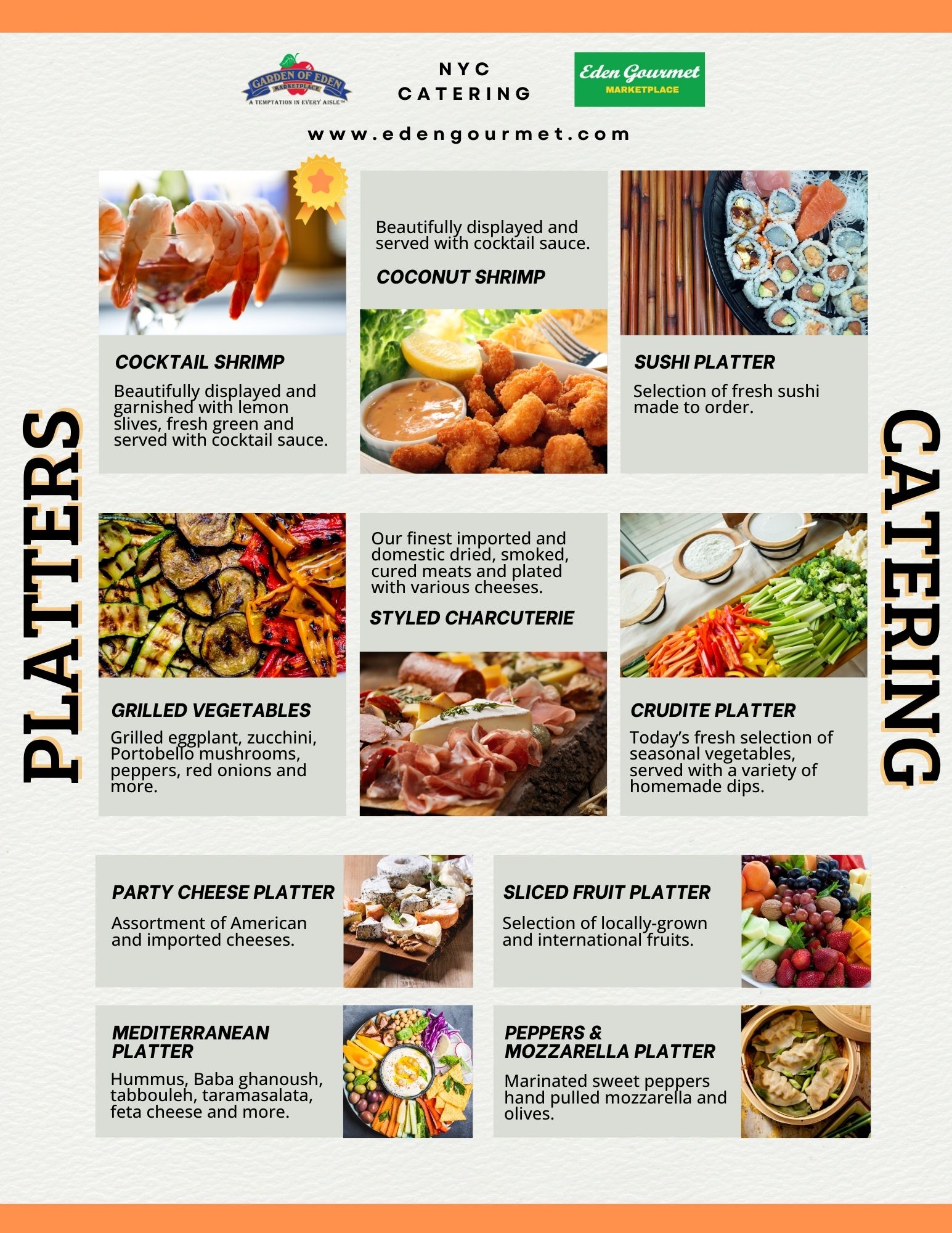Share This Story, Choose Your Platform!
Smart shopping is not just about finding the best deals or discounts; it’s about making informed decisions that will help you save money in the long run. To become a savvy consumer, you need to understand the basics of smart shopping. This includes knowing how to compare prices, read product reviews, and identify quality products.
One of the key principles of smart shopping is to always do your research before making a purchase. This means comparing prices from different retailers, reading customer reviews, and checking for any available discounts or promotions. By taking the time to research your options, you can ensure that you are getting the best value for your money.
Another important aspect of smart shopping is to avoid impulse buying. It can be tempting to make a purchase on a whim, especially when you see a flashy advertisement or a limited-time offer. However, impulse buying often leads to overspending and buyer’s remorse. To avoid this, make a list of items you need before going shopping and stick to it.
Furthermore, smart shopping also involves being aware of your own spending habits and setting realistic expectations. It’s important to understand your budget and prioritize your purchases accordingly. By setting a budget and sticking to it, you can avoid unnecessary expenses and make the most of your money.
Setting a Budget and Sticking to It: Tips for Mastering the Art of Smart Shopping
One of the most important aspects of smart shopping is setting a budget and sticking to it. Without a budget, it’s easy to overspend and end up with buyer’s remorse. To master the art of smart shopping, it’s essential to set a realistic budget based on your income and expenses.
When setting a budget, it’s important to consider your monthly income, fixed expenses (such as rent or mortgage payments), and variable expenses (such as groceries, entertainment, and clothing). By creating a budget that accounts for all of your expenses, you can better track your spending and avoid going over budget.
To stick to your budget, it’s helpful to track your expenses regularly and adjust your spending habits as needed. This may involve cutting back on non-essential purchases, finding ways to save money on everyday items, or looking for alternative ways to meet your needs without overspending.
Another tip for sticking to your budget is to avoid using credit cards for impulse purchases. Credit cards can make it easy to overspend, as you may not feel the immediate impact of your purchases. Instead, consider using cash or debit cards for your everyday expenses, as this can help you stay within your budget and avoid accumulating debt.
Finding the Best Deals and Discounts: Strategies for Saving Money on Your Purchases
One of the key strategies for mastering the art of smart shopping is finding the best deals and discounts. With the rise of online shopping and price comparison tools, it’s easier than ever to find great deals on a wide range of products. By taking advantage of discounts and promotions, you can save money on your purchases and stretch your budget further.
One way to find the best deals is to sign up for newsletters or loyalty programs from your favorite retailers. Many stores offer exclusive discounts and promotions to their loyal customers, so it’s worth signing up to stay informed about upcoming sales and special offers.
Another strategy for saving money is to use price comparison tools and websites to compare prices from different retailers. By doing your research and comparing prices, you can ensure that you are getting the best value for your money. Additionally, consider shopping during sales events such as Black Friday or Cyber Monday, when many retailers offer deep discounts on a wide range of products.
Furthermore, don’t forget to look for coupons and promo codes before making a purchase. Many retailers offer discounts to customers who use coupon codes at checkout, so it’s worth taking the time to search for available discounts before completing your purchase. By combining discounts and promotions, you can maximize your savings and get the most bang for your buck.
Making Informed Decisions: How to Shop Smart and Make the Most of Your Budget
To shop smart and make the most of your budget, it’s important to make informed decisions when it comes to your purchases. This means considering factors such as product quality, durability, and value for money before making a purchase. By taking the time to research your options and compare products, you can ensure that you are getting the best value for your money.
When making a purchase, be sure to read product reviews and ratings from other customers. This can give you valuable insights into the quality and performance of the product, helping you make an informed decision. Additionally, consider factors such as warranty coverage, return policies, and customer service when choosing a retailer to buy from.
Another important aspect of making informed decisions is to consider the long-term costs of a purchase. While a product may seem like a good deal upfront, it’s important to consider factors such as maintenance costs, replacement parts, and energy efficiency over time. By thinking ahead and considering the long-term costs of a purchase, you can avoid overspending and make the most of your budget.
In conclusion, mastering the art of smart shopping requires a combination of research, budgeting, and informed decision-making. By understanding the basics of smart shopping, setting a budget and sticking to it, finding the best deals and discounts, and making informed decisions, you can save money on your purchases and make the most of your budget. With these budget-friendly tips for savvy consumers, you can shop smart and stretch your dollars further.




























































